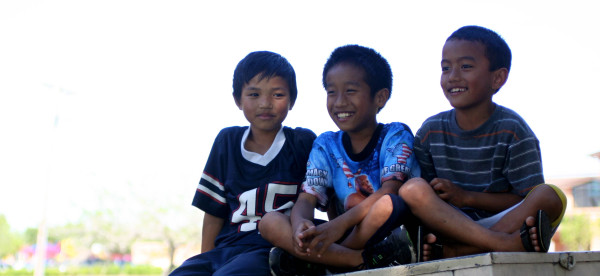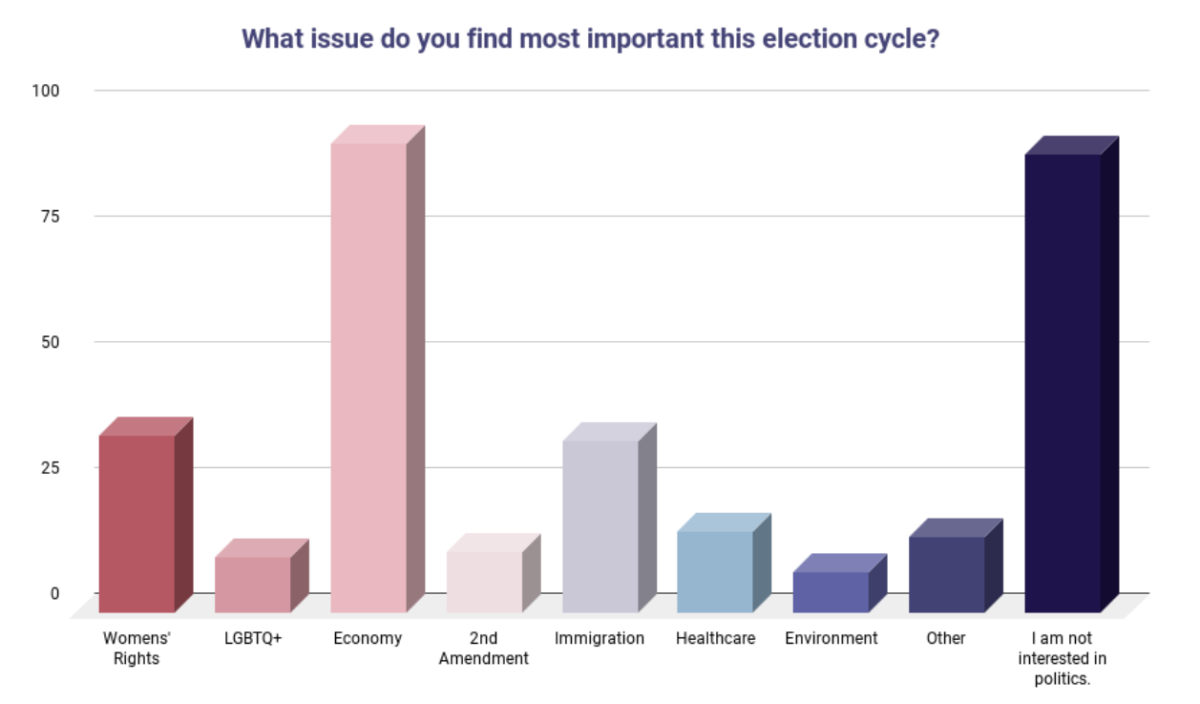Their English is broken at best, but it’s better than that of their parents, who speak none. Their schooling, if there was any, has been interrupted by civil war, discrimination and time spent praying for a second chance in refugee camps. Books and reading mean little to them, since they aren’t used to obtaining information from written word. They’ve never even heard of science. Now, these 343 Chin refugee children are struggling to meet the Texas cirriculum standards, the TEKS, in Lewisville ISD.
For four years, there has been a steady influx of Chin refugees into Lewisville, fleeing their East Asian home country of Burma due to ethnic persecution. LISD has established several programs to help the Chin students assimilate into the American school system, said LISD Recent Immigrant Coordinator Cherylholly Baron.
“It really is a culture shock for them,” Baron said. “Many of our students have had traumatic experiences that they’re dealing with. It’s more than just language.”
In their home country of Burma, the Christian Chin, an ethnic minority, were brutalized by the country’s harsh military rule and famine. Many were killed, beaten or forced into labor because of their religion and ethnicity.
The district has been building their programs for the Chin refugees over the past few years. Now, they offer training for teachers, summer school designed specifically for the Chin students, tutoring at many schools and yearly sensitivity seminars to teach school personnel about the background and culture of the Chin refugees.
“We have to be able to understand our students in order to help them on their road to success,” Baron said. “If they have never been in school, don’t you think the teachers would need to know that? Shame on us for holding them responsible for that without implicitly teaching them.”
Schooling in Burma was not mandatory. Many children didn’t attend and have no comprehension of an organized school system. If they did attend, Burmese schooling was pre-scientific, so science classes are new to the students. The Chin have a long history of oral story telling, so the idea of reading is difficult for them to grasp, said social worker Becky Nelson.
“The biggest problem is you are working with a culture that does not view reading as a primary source of information,” Nelson said. “They don’t have books and it’s not enough to just give them books. They are not accustomed to meaning coming out of books.”
The refugee students are held to the same Texas curriculum standards as English speaking students, the TEKS. This puts a lot of stress on the older students, said Nelson who works at the Basswood apartment complex in Lewisville. This is a relocation site where many Chin families live.
“It is a lot to expect a brain to learn enough English in three or four years to be able to pass TAKS tests,” Nelson said. “The older kids get discouraged very easily.”
According to Baron, formally learning a language can take from five to seven years.
“If you’re 17 starting high school and you have no English and spotty educational background, how successful are you going to be in graduating in a timely manner?” Baron said.
Therefore, Nelson said, when many Chin students reach the age of 16, they drop out of high school to get a job to support the family.
“The Chin culture says the oldest must quit and support the rest of the family, and that has not changed,” Nelson said. “The problem with that is the jobs you can get with just a high school education are still going to be minimum wage jobs which is what their parents are working.”
At home, their parents work long hours, night shifts at the Tyson Chicken plant or stocking at Walmart. Nelson said she acts as a liason between the school system and the parents, and must teach the families how to fill out school paperwork, the protocols of mandatory vacciantions and school attendance.
“The kids learn to fill out their own paperwork and they don’t understand what they’re doing half the time,” Nelson said. “We train the parents and work with parents so that they don’t feel the burden.”
Lewisville Education Foundation (LEF) is creating scholarships for the Chin refugees. Some Chin students are choosing to go to college, and then coming back to the community to help, Baron said. LISD has their first Chin student teacher in math this year.
“These are not people who are taking everything America can give and not giving back,” Baron said.
Lewisville Chin senior Emma Thluai, who has been in America almost four years, joined LHS Student Council and helped integrate incoming Chin refugees. She said that the school does a good job with aiding refugees.
“They have ESL and they always have tutoring after school,” Thluai said. “Last week, we had English TAKS test for juniors, and they went there every day.”
Thluai said she plans on attending NCTC next year, and wants to become an engineer or a nurse.
Baron said that the district has started networking with other school districts and social work agencies to share information and apply it on a campus level.
“I think we have come an incredibly long way from where we were, not knowing anything, without having any heads up that we were having this influx,” Baron said.









